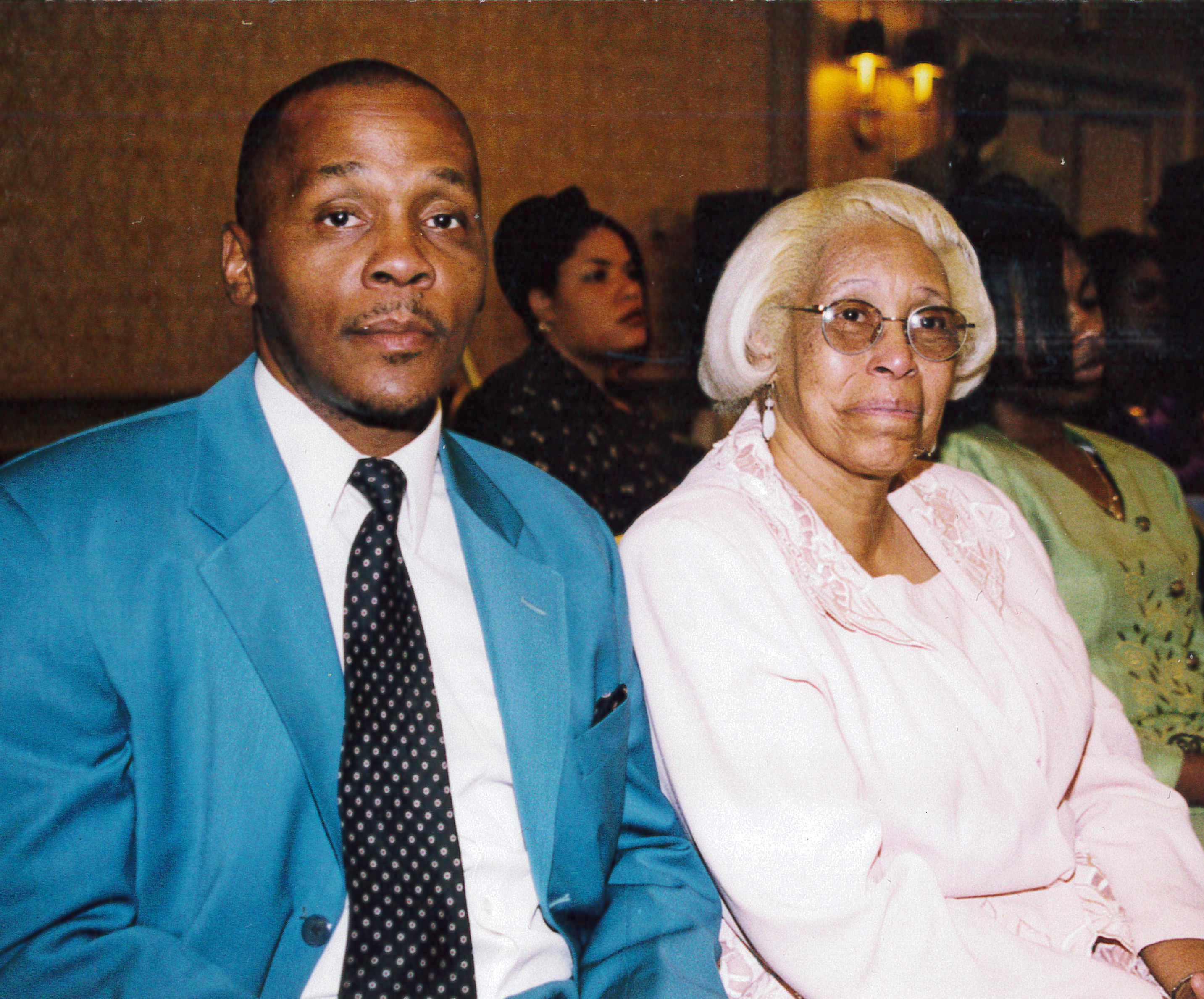
Fifth-generation Coloradan defined by heritage
Brian Ivery is proud of his family’s African-American heritage — a lineage of strong family bonds deeply rooted in spirituality and surrounded by music.
Ivery, a Denver Water engineering design drafter, is the great-great-grandson of William Whitsell, the first African-American male born in Colorado. Whitsell was born in Central City on Feb. 24, 1866, when Colorado was a U.S. territory. Whitsell’s mother and father were likely freed slaves who came west to help build the railroad. After a short time, the family moved to Denver, and lived where Union Station stands today.
As an adult, Whitsell worked as a brick mason, was dedicated to community service and was an active member of the church. His strong work ethic, commitment to civic duty and his spiritual beliefs have been passed on to generations that have followed.
Ivery credits his cultural heritage and family upbringing for defining who he is today.
The Whitsell lineage has produced at least 18 seventh-generation Coloradans. The oldest living member of the family is Ivery’s mother, Janice Ivery, who serves as the unofficial family historian.
Janice Ivery remembers the importance her parents placed on confidence and hard work. “My father instilled strong ethics and morals in all of us, and my mother taught us to be proud and courageous. My siblings and I always knew we could do anything we put our minds to,” she said.
Growing up in Denver’s Five Points neighborhood, Janice Ivery’s family was very active in church. “As a kid, I always wanted to do what the neighbor kids were doing, but that was unacceptable in my family,” she said. “There was no tolerance for smoking, drinking or disrespect. As a child I didn’t appreciate it, but now I can look back and see what an advantage my upbringing offered me.”
And she instilled the same values in her own children, including son Brian Ivery.
“I have a huge extended family and 10 children of my own,” he said. “We all come together to support one another. We didn’t grow up with a lot of money, but we have always been rich in spirituality, which I believe is part of the black experience, and what I celebrate most about my heritage.”
Brian Ivery’s childhood memories include family gatherings at his grandmother’s house. “She was the matriarch and her home was the epicenter of our family. When we got together, there was always music — gospel music and praying, that’s what I remember most,” he said.
Brian Ivery’s entire family — from siblings to aunts and uncles to cousins to grandparents — all had various musical talents.
His uncles played in the Denver club circuit in the 1960s and ’70s, and several of his cousins followed in their footsteps from the 1990s until today and have received many “artist of the year” titles. His uncle even played saxophone and drums with Earth, Wind and Fire in the early 1980s and Brian Ivery studied percussion under Phillip Bailey of Earth, Wind and Fire in the 70’s at Metropolitan State College.
As Brian Ivery reflects on his family’s history, he feels honored to come from such a strong-rooted ancestry. “Cultural history instills a sense of pride; it allows you to believe in yourself and calls you to a greater purpose in life,” he said.
For Brian Ivery, that purpose is a spiritual journey. In addition to his work at Denver Water, where he has assisted in the design of civil, mechanical and structural components for Ralston and Marston reservoirs and Moffat Treatment Plant, he also serves as a pastor and attends Denver Seminary, where he is pursuing a master’s degree in divinity.
“My upbringing has brought me to where I am today, and I am proud of my family and where I come from.”



